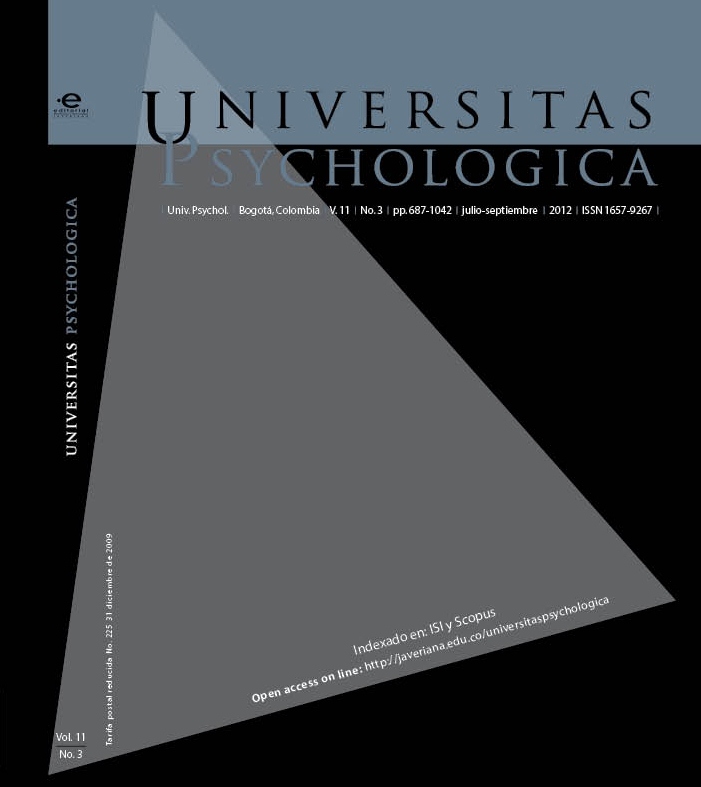Abstract
The playful side of the growing leisure time in Spain is increasingly being filled more with the postmodern phenomenon of popularization of continuous running. This study investigates in the most practitioner: the marathoner, what training and motivational variables predict their high commitment and negative addiction with their sport, with the aim of trying to get some conclusions useful for increasing adherence to physical activity programs sport in the general population. To do we start from the assumption that the marathoners of our population have very high levels of commitment and negative addiction to running, the two constructs are highly correlated with each other and can be predicted both by high and different types of motivation, as by four training variables. The results obtained confirm the hypothesis, valuable descriptive data and solid in both constructs predictive models assessed by sex. However, what we failed to explain was that women got higher grades than men in commitment, negative addiction to running and all motivations, often significantly further.
This journal is registered under a Creative Commons Attribution 4.0 International Public License. Thus, this work may be reproduced, distributed, and publicly shared in digital format, as long as the names of the authors and Pontificia Universidad Javeriana are acknowledged. Others are allowed to quote, adapt, transform, auto-archive, republish, and create based on this material, for any purpose (even commercial ones), provided the authorship is duly acknowledged, a link to the original work is provided, and it is specified if changes have been made. Pontificia Universidad Javeriana does not hold the rights of published works and the authors are solely responsible for the contents of their works; they keep the moral, intellectual, privacy, and publicity rights. Approving the intervention of the work (review, copy-editing, translation, layout) and the following outreach, are granted through an use license and not through an assignment of rights. This means the journal and Pontificia Universidad Javeriana cannot be held responsible for any ethical malpractice by the authors. As a consequence of the protection granted by the use license, the journal is not required to publish recantations or modify information already published, unless the errata stems from the editorial management process. Publishing contents in this journal does not generate royalties for contributors.


